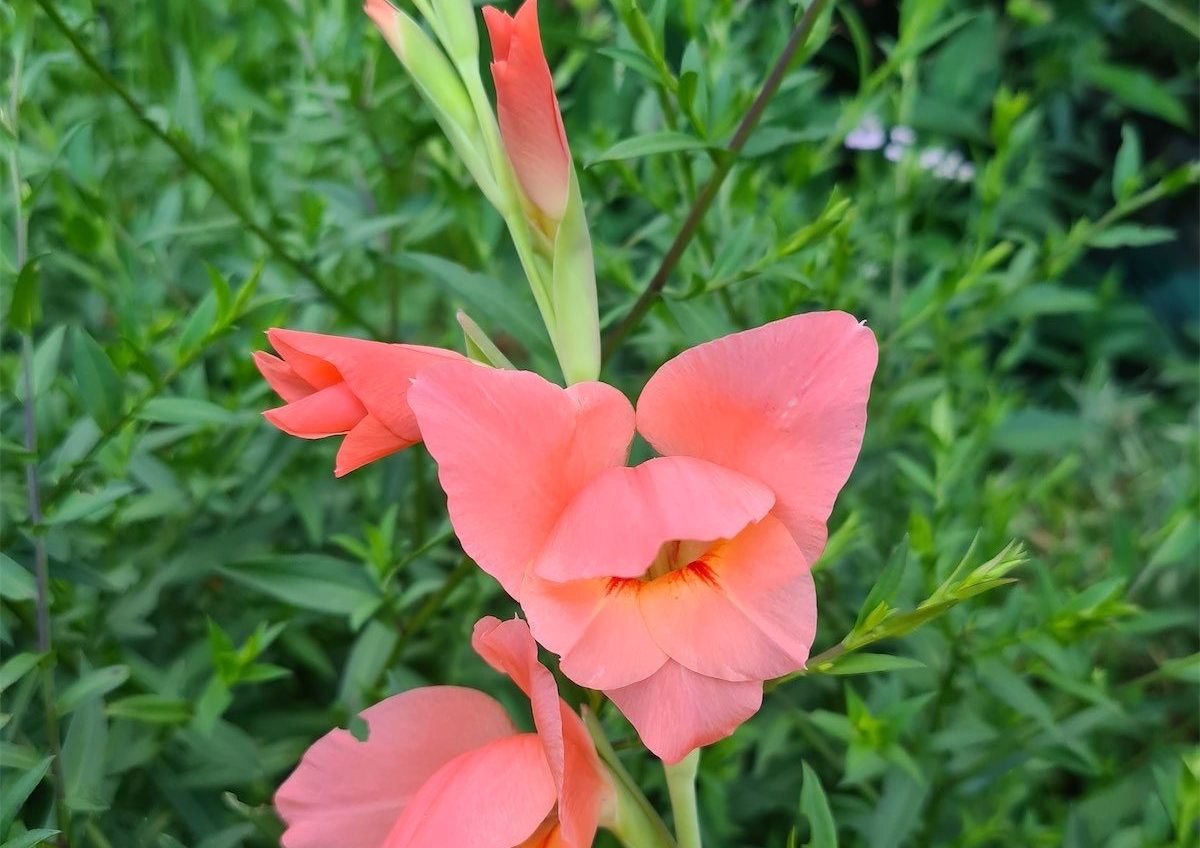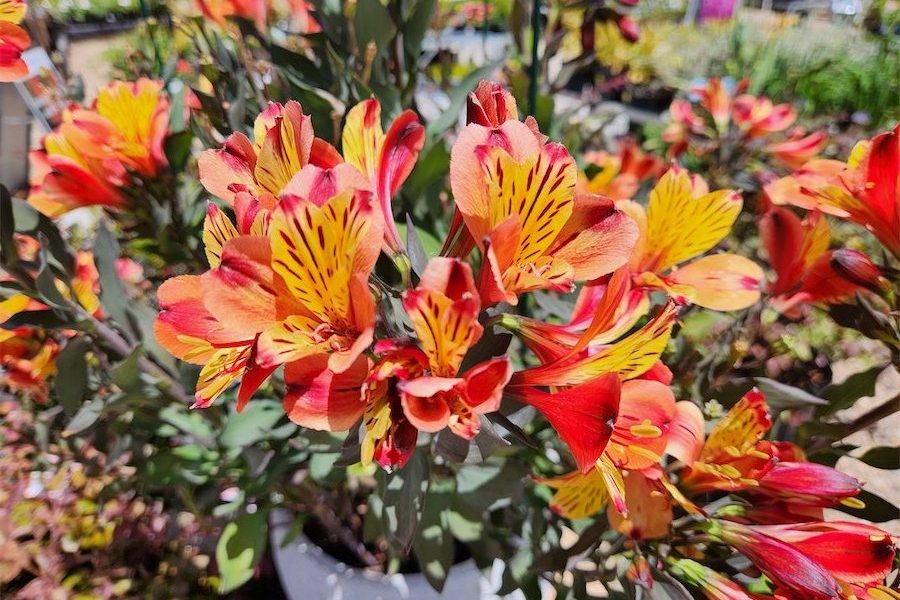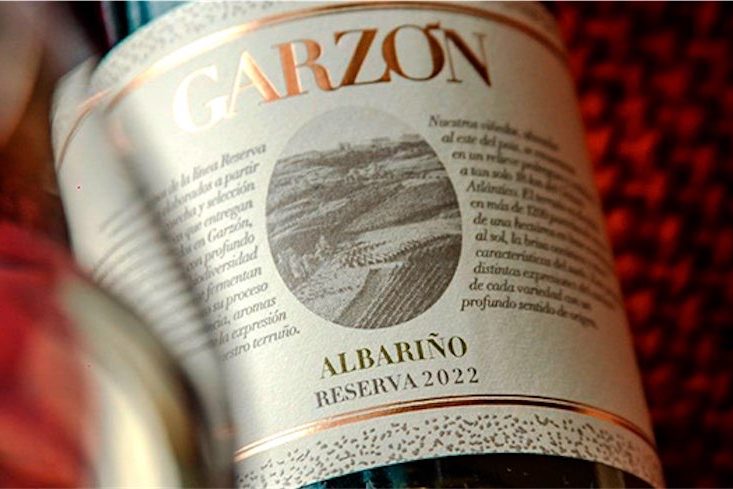
The first hydrangea gardening columnist JACKIE WARBURTON ever grew was the one she won in a raffle from a Horticultural Society show last year and it has flowered for months.
HYDRANGEAS can survive on neglect and little attention when established. They like a shady place to grow and morning sun and afternoon shade will keep them happy.

To achieve those striking blue flowers feed them throughout their growing period with aluminium sulphate that can be applied as a liquid fertiliser or plant other acid-loving plants such as camellias and rhododendrons nearby.
For pink flowers, add gardeners’ lime to the soil in the growing months to raise the pH to around 6.5.
A new variety to look out for, flowering now, is “Vanilla Strawberry” (Hydrangea paniculata) with cone-shaped flowers. The flowers are large and can be used as a feature in a summer garden or in a vase indoors.
It is more drought tolerant than its counterparts, copes better with sun and has a more upright growth to around 1.5 metres.
DESPITE the good winter and spring rain, the vegetable garden still needs watering every few days to keep things growing.
Stone fruit, such as peaches and nectarines, will be ready soon and are best picked when the fruit is well coloured, firm and a few days from being fully ripe.
Pick early in the morning and place in the crisper of the fridge straight away to maximise the shelf life and effectively put them into cold storage. Take a few out of the fridge a few days before you want to eat them, and they’ll ripen on the bench.
If there is a glut of peaches and nectarines, there are many ways to use them such as cold fruit soup, grill them or make chutney and relishes. Peaches and nectarines are low in pectin and a little trickier to make jams, but worth a try.
THERE’S still time to get a few quick crops of summer vegetables such as corn and tomatoes as seedlings. Keep them well watered and growing fast to get them cropping by the end of March, before the cold weather sets in.
Using diatomaceous earth around seedings can help keep slaters, ants and other crawling insects at bay. Diatomaceous earth is an organic insecticide dust and can be bought locally from rural stockfeed suppliers in small quantities for the home gardener. This product is also sold as absorbacide, which is the finest form and easy to use. It does need to be re-applied after rains, but not needed once the seedlings have put on some height.

GLADIOLI are an Australian favourite and an easy flower to grow in Canberra. Gladioli, popular in the floral industry and in the flower garden, expresses strength of character, remembrance, faithfulness and moral integrity.
They have been hybridised to create an array of colours to add to any summer garden. They flower for several weeks and make wonderful cut flowers for a vase.
A perennial corm, they grow just below the surface in a sunny position and are cousins of irises and like the same conditions.
There are many different varieties to choose from, but if space is a premium, the miniature varieties do well in pots or larger counterparts can grow up to 1.8 tall in the garden.
Larger varieties may need to be planted in a spot in full sun, but sheltered from winds or staking might be required.
The optimum time for planting gladioli is in early spring. If a gladioli suffers from rust on the leaves, cut stems to the ground when they have finished flowering and dispose of the leaves in the green bin.
Who can be trusted?
In a world of spin and confusion, there’s never been a more important time to support independent journalism in Canberra.
If you trust our work online and want to enforce the power of independent voices, I invite you to make a small contribution.
Every dollar of support is invested back into our journalism to help keep citynews.com.au strong and free.
Thank you,
Ian Meikle, editor





Leave a Reply